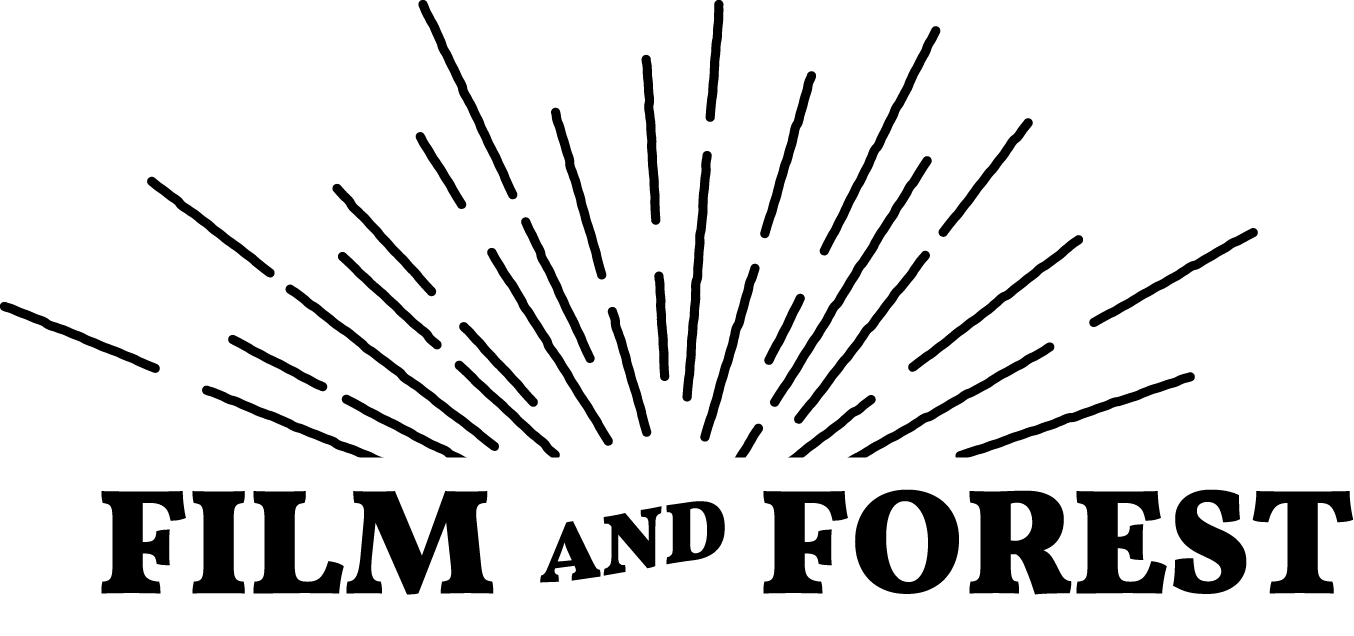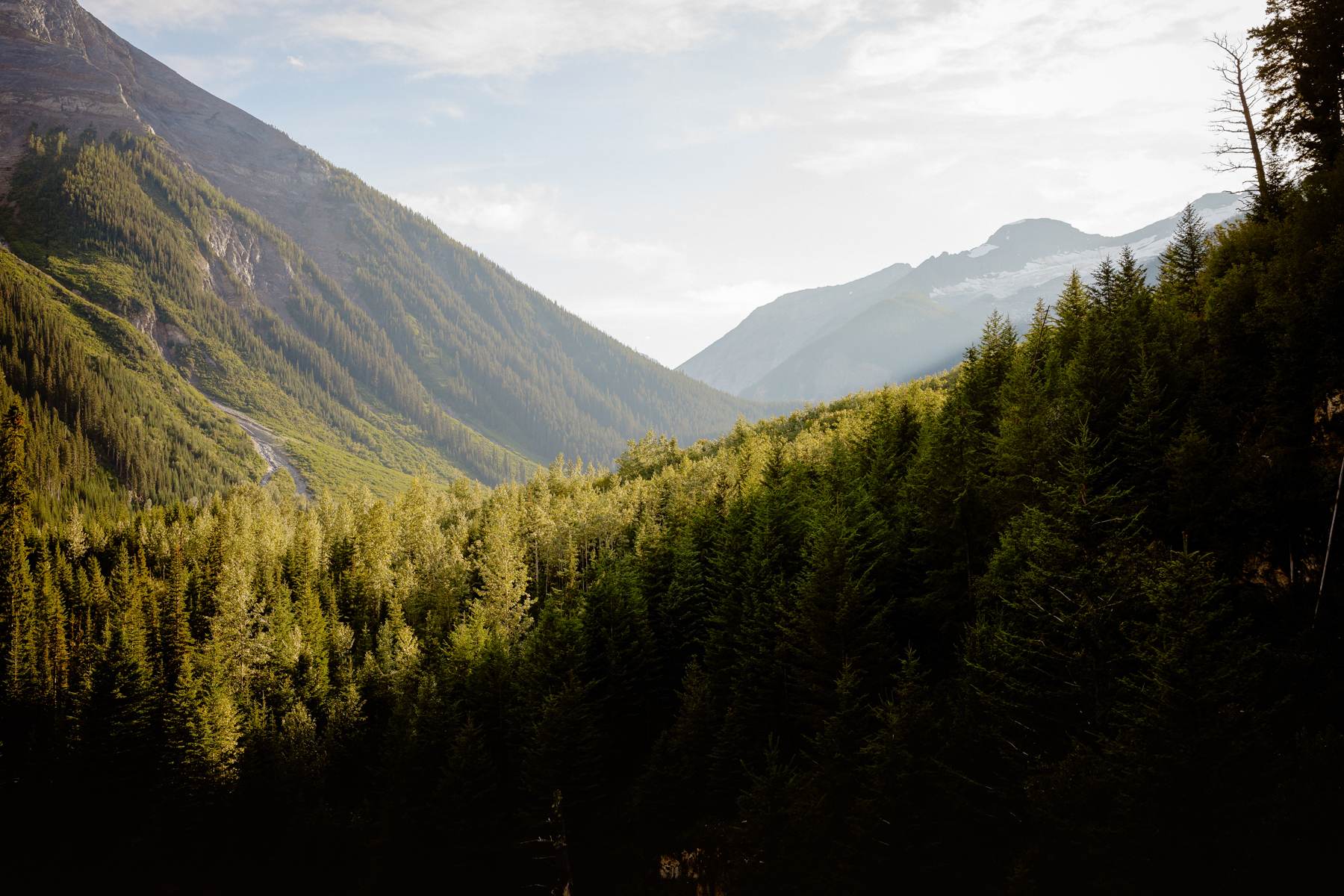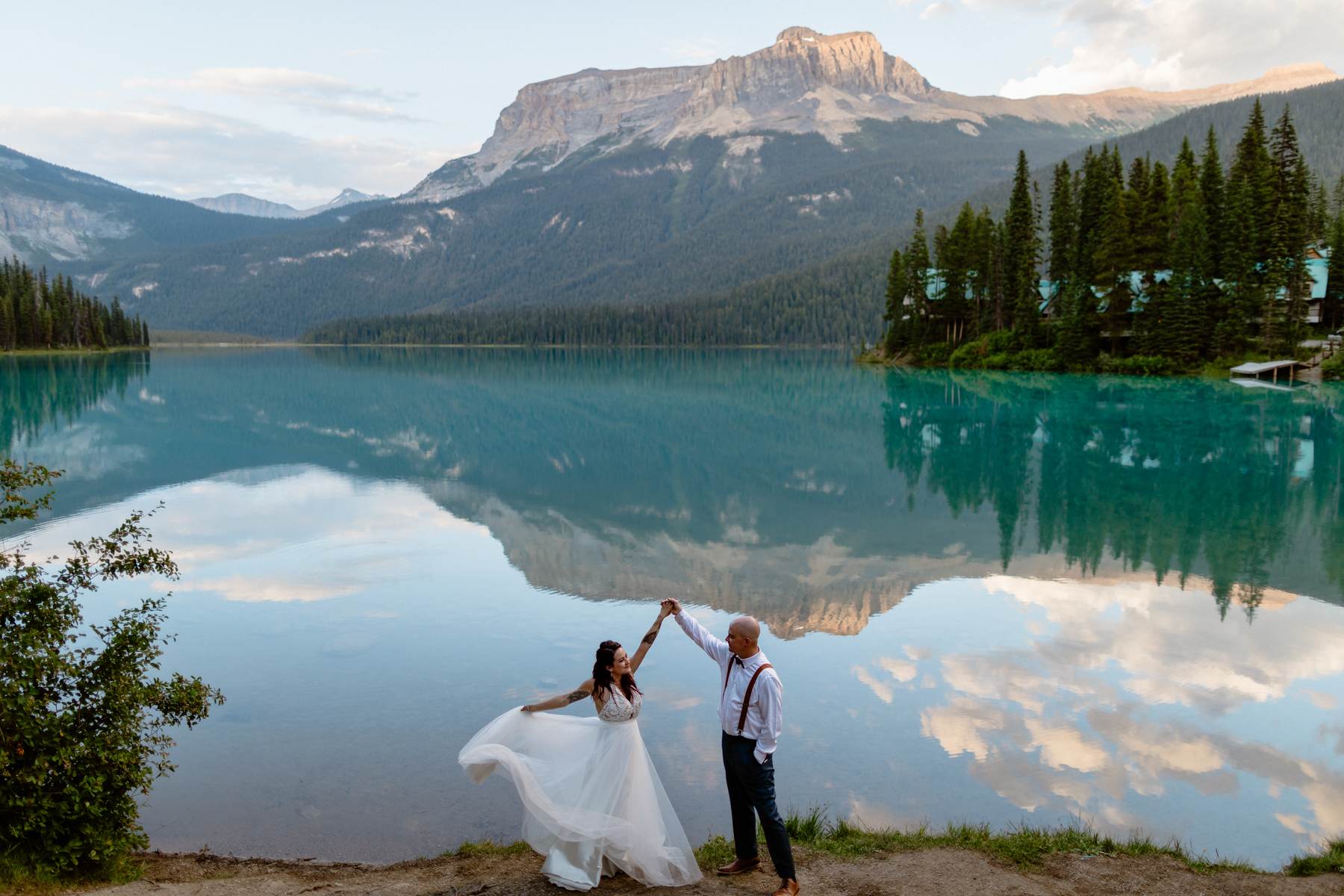In 1900, indigenous groups were still banned from entering their homeland of Banff National Park.
In 1910, women didn’t have the right to vote in Canada.
In 1950, it was still a prosecutable crime to be LGBT in Britain.
In 2000, same-sex marriage was still illegal in the USA.
If the status quo is always maintained, the status quo will never change.
As a caucasian couple living in Canada, we can never fully comprehend the pain and systemic racism that flows through not only American society, but our own Canadian society too.
Racism has been deeply rooted in our cultures since the colonization of these lands.
But that doesn’t mean our societies can’t change.
We fully believe the first step towards change is understanding. And the first step towards understanding is to expose yourself to different perspectives.
As big podcast listeners, we’ve rounded up some of our favourite episodes on our blog about confronting racism, encouraging diversity, and the history of racism in our societies.
We can never fully comprehend the struggles that people of colour face in our societies, but that doesn’t mean we should ever stop trying.
Please take some time out of your day to listen to some of these perspectives.
As part of the 1619 Project, The New York Times released a 1619 audio series observing the roots of American slavery. “Episode 3: The Birth of American Music” is especially impactful.
An interview with Teresa Baker, founder of the African American National Parks Event, on her perspective of promoting diversity in the outdoors. From Safety Third:
“Teresa Baker has long considered herself an environmental steward. On a 2012 trip to Yosemite National Park, Teresa noticed something stark: she was the only person of color. And she wanted to change that fact.”
1-on-1 interviews with Ted speakers around confronting racism in society. If you enjoyed this show, listen to their episode on the consequences of racism as well. From Ted Radio Hour:
“Racism isn’t always obvious, but it can be found almost everywhere. This hour, TED speakers explore the effects of everyday and systemic racism in America—and how we can work to defeat it.”
A unique look at the history of zombie culture and its origins. From Throughline:
“Zombies have become a global phenomenon — there have been at least ten zombie movies so far this year. Which made us wonder, where did this fascination for the undead come from? This week, how one of our favorite monsters is a window into Haiti’s history and the horrors of slavery.”
Though technically not a podcast, this short film showcases the perspective of one woman’s passion for mountain biking. From Patagonia Films:
“A film about inclusion, identity and hand-drawn heroes. If you can’t find a hero, create your own; for mountain biker, skier and artist Brooklyn Bell, that hand-drawn hero was a comic character named Ruby J. Using Ruby as a role model, Brooklyn set out to “live like her, breathe like her, be unapologetically black like her,” finding her own identity in a mix of dirt, snow, art and inclusion.”



